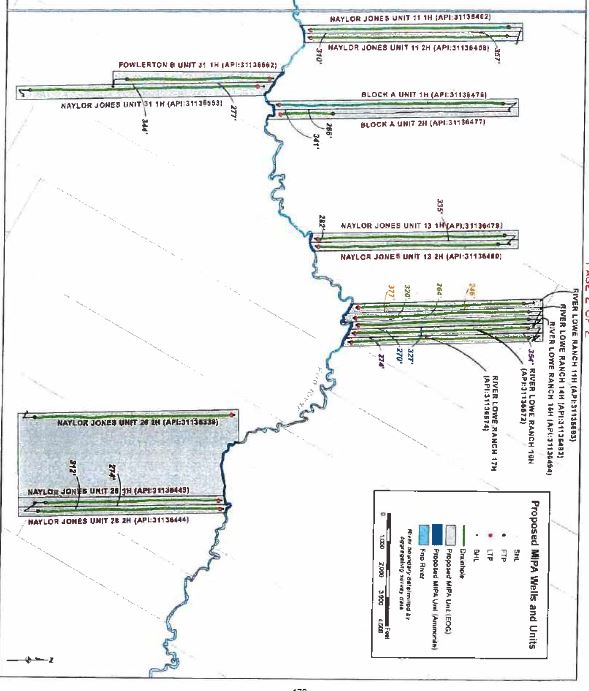Wikipedia defines “lawfare” as “using legal systems and institutions to achieve a goal.” Some use the term to refer to the misuse of legal systems against an enemy, “such as by damaging or delegitimizing them, wasting their time and money, or winning a public relations victory.” The Fort Worth Court of Appeals used the term in an opinion that has caused quite a stir in legal circles.
The Fort Worth Court’s opinion, in City of San Francisco, et al. v. Exxon Mobil Corporation, et al., 2020 WL 3969558, describes a long-ongoing dispute between Exxon Mobil and California municipalities over lawsuits filed against Exxon and other oil companies in California related to climate change. The appeal is from a trial court decision in a suit brought by Exxon against these municipalities and others under Rule 202 of the Texas Rules of Civil Procedure. That rule allows a trial court to authorize a deposition either to perpetuate or obtain testimony for use in a potential suit, or to investigate a potential claim or suit. The defendants have pending claims in California state courts claiming that Exxon’s activities affect climate change and that its public announcements about climate change were intended to downplay its effects, and seeking damages for nuisance and other relief. Exxon’s Texas suit claims that the California lawsuits were brought to silence and delegitimize Exxon “as a political actor” and to coerce Exxon and other Texas-based energy companies into adopting “the climate change policies favored by special interests and their allies in municipal government.” In other words, lawfare. Exxon said it wants to investigate potential claims for violations of Exxon’s First Amendment rights, abuse of process and civil conspiracy.
The defendants moved to dismiss Exxon’s Rule 202 petition on the ground that the court had no personal jurisdiction over them. The suit could not proceed unless the defendants had sufficient contact with Texas to allow Texas courts to exercise personal jurisdiction. The trial court held that Exxon had established facts to show such personal jurisdiction. The Court of Appeals reversed, holding no such jurisdiction existed.




